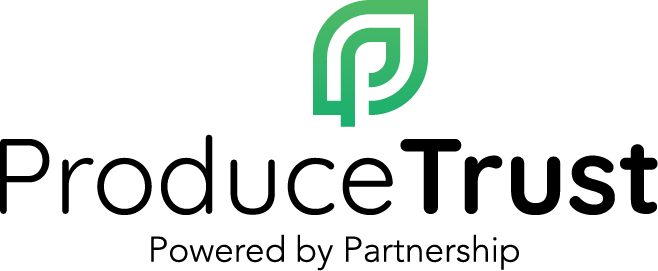Navigating Employer Responsibilities During Southern California Wildfires
The devastating Southern California wildfires have profoundly impacted lives, property, and businesses. In response, California Governor Gavin Newsom has issued an emergency proclamation for Los Angeles and Ventura counties.
These wildfires have resulted in hazardous air quality, power outages, and restricted access to homes and businesses, creating significant challenges for employers. Below are some reminders for employers when navigating the crisis.
Paying Employees During Natural Disasters
Wildfires often disrupt business operations, affecting how employers pay employees:
Nonexempt Employees
Regular Pay: Nonexempt workers must be paid only for hours worked.
Reporting Time Pay: Employers typically owe additional pay to nonexempt employees sent home before completing half their shift. However, exceptions apply for “acts of God,” such as wildfires, when closure is recommended by civil authorities, or when public utilities fail to supply electricity, water, or gas, or there is a failure in the public utilities, or sewer system.
Salaried Exempt Employees
Salaried exempt employees must be paid their full weekly salary if they perform any work during the week.
Unemployment Insurance: Employees who lose income may immediately apply for unemployment benefits through the California Employment Development Department (EDD). The one-week waiting period is waived in areas affected by the Governor’s Emergency Proclamation.
Cal/OSHA’s Wildfire Smoke Regulations
The California Division of Occupational Safety and Health (Cal/OSHA) enforces regulations to protect workers from unhealthy air caused by wildfire smoke. Employers must comply with these rules unless one of the following conditions applies:
The worksite is a fully enclosed building or vehicle with mechanical ventilation, with windows and doors remaining closed except for necessary entry or exit.
Employee exposure is limited to one cumulative hour or less during their shift.
The employee is a firefighter engaged in wildland firefighting.
Employers need to monitor the Air Quality Index (AQI) for particulate matter (PM 2.5) using tools like the U.S. Environmental Protection Agency’s AirNow website. If the AQI exceeds 150 for PM 2.5:
151-500 AQI: Employers must provide N95 respirators for voluntary use.
Over 500 AQI: Respirator use becomes mandatory, and employers must ensure proper mask fit and verify employees’ medical ability to wear respirators.
For more detailed guidance, visit Cal/OSHA’s Worker Safety and Health in Wildfire Regions resource page.
Time Off Policies
Paid Sick Leave
Starting January 1, 2025, California’s paid sick leave law explicitly allows agricultural workers to use sick leave to avoid unsafe conditions caused by wildfires. Employees may also use paid sick leave for medical conditions exacerbated by wildfire smoke or for preventive care.
Vacation Time
Employers’ policies will determine whether employees can use vacation time. Consistency in applying these policies is critical to ensure fairness.
New Hire Notification Requirements
Under California’s Labor Code section 2810.5, employers must include information about emergency proclamations in their wage theft notices to nonexempt new hires. For Los Angeles and Ventura counties, employers must notify new hires starting within 30 days of January 7, 2025, about the wildfire emergency proclamation if it could impact their health and safety. We previously reported on this in our communication related to the statewide avian flu-related emergency.
Key Takeaways for Employers
Monitor air quality diligently and ensure compliance with wildfire smoke regulations.
Understand pay obligations during operational disruptions.
Update time-off policies to reflect employees’ needs during emergencies.
Provide new hires with required emergency notification information.
With conditions evolving rapidly, employers should stay informed and consult legal counsel to address any legal concerns during this challenging time. By proactively managing these responsibilities, businesses can prioritize the health and safety of their employees while maintaining compliance.
If you have questions relating to this topic or would like to talk about how Produce Trust can help your company, contact Richard Arias at richard.arias@apdbla.com.
The content for this article was provided by Ballard Rosenberg Golper & Savitt, LLP. https://brgslaw.com
